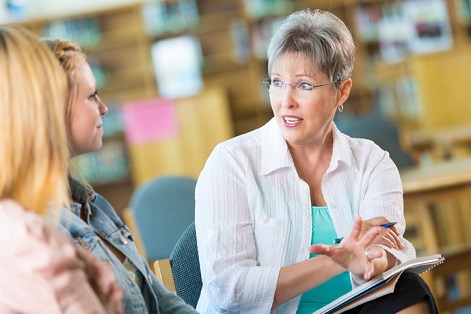
Educators are being urged to ensure the welfare of their students amid the catastrophic fires ravaging NSW and Queensland.
The study by University of South Australia researchers titled: “Preparing children for an uncertain future: the role of the early childhood teacher”, highlights the importance of teachers in helping children aged 0-8 years cope with traumatic experiences caused by manmade or natural disasters.
Professor Marjory Ebbeck, the study’s lead researcher, said that this is because teachers are among the most trusted and familiar faces outside the child’s family. Educators likewise have the duty to “provide a welcoming and secure environment for the child to learn and develop.”
“When young children are confronted by trauma – whether through natural disasters such as Australia’s bushfires, or manmade disasters such as conflicts in the Middle East – they carry all their worries, confusion and emotions with them, and that’s where teachers need to be prepared,” Professor Ebbeck said.
“Unfortunately, despite the push from international agencies to include the needs of children in disaster preparation and risk reduction strategies, few have filtered down into education programs, which mean there are still large gaps in the system.”
What early childhood teachers can do
However, teachers who have never had any training in reaching out to children who experience trauma need not fret as there are a number of ways they can help. Options include educating their students about emergencies and holding practice sessions on what to do in times of emergency.
“Safety of children and teachers is always paramount. It’s critical that teachers know their school’s emergency plan, evacuation procedures, and understand how they should respond in specific events, such as bushfires,” Professor Ebbeck said.
“Of course, communication is vital. Keeping parents informed about what their children are learning is important, especially in the case of a real emergency. It also helps create a circle of trust between parents, children and teachers.”
Once classes resume, it is recommended that teachers not only ensure that their classrooms are safe but also be aware if their students’ parents are just as ready.
This would mean teachers reaching out to parents to make sure that they are likewise prepared for any situation by having somewhere to stay and essentials ready should they need to evacuate their homes.
In a classroom setting, teachers should also make sure that trust and relationships remain strong, the study said. Teachers should be ready to answer all questions students have and make sure that they are still engaged with their peers.
Last, but not the least, the report said students need to be given opportunities to explore and express their feelings – whether these are in the form of creating artworks or staging dramatic plays.
“There’s no doubt the role of the teacher is complex, especially when their students and community are confronted by trauma or disaster,” Professor Ebbeck said.
“And, while we cannot prevent disasters from happening, understanding more about what teachers can do to prepare for and respond to an emergency situation, can certainly help.”


